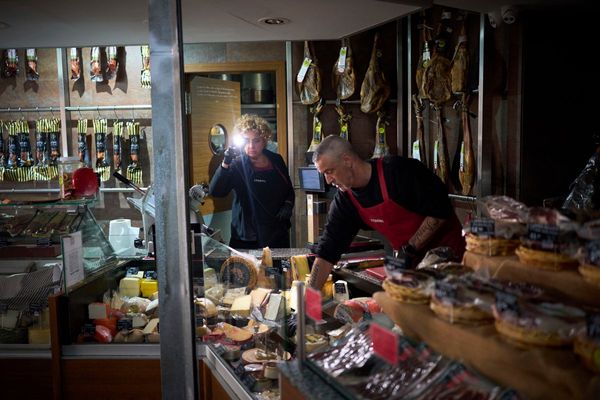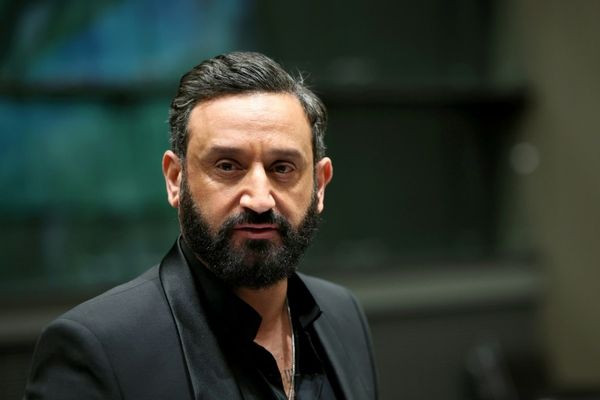A zoo is celebrating the birth of an eastern black rhino, one of the world’s rarest mammals, with the moment captured on film.
Chester zoo said Zuri the rhino and her female calf had been inseparable since the arrival.
The calf’s birth at 2.45pm on 12 November after Zuri’s 15-month pregnancy was unusual in that it took place in daylight, which allowed keepers to film it happening.
The zoo’s rhino team manager, Emma Evison, said the birth had been eagerly awaited. She said: “It’s quite unusual for a rhino to give birth in daylight hours, we really didn’t expect it to happen right in front of us as we were going about our day.
“To be able to witness the calf safely entering the world, in front of our very eyes, was just the most incredible privilege.”
Evison said it was important for mother and baby to spend time bonding. “So far, the pair have been inseparable and the little one is feeding regularly and already gaining in size and weight.
“She’s very inquisitive and full of energy, which is just brilliant to see.”

The eastern black rhino is listed as critically endangered by the International Union for the Conservation of Nature (IUCN), meaning there is a very high chance of it becoming extinct in the wild.
Rhinos have, for more than a century, been hunted and poached for their horns, which are sold in illegal wildlife markets. About 95% of Africa’s rhino population has been lost. Fewer than 600 eastern black rhinos exist across Kenya, Tanzania and Rwanda.
Chester zoo is a leading partner in a European endangered species breeding programme. Evison said: “This precious newborn’s arrival is another positive step in safeguarding the species.”
In 2019, the zoo spearheaded a project in which a group of eastern black rhinos were bred in European zoos and transferred to Akagera national park in Rwanda.
Mike Jordan, Chester zoo’s director of animals and plants, said: “Zuri and her new arrival is testament to the unwavering dedication of conservationists here at Chester, and around the world, who are working to safeguard these incredible animals and ensure that they thrive long into the future.”







